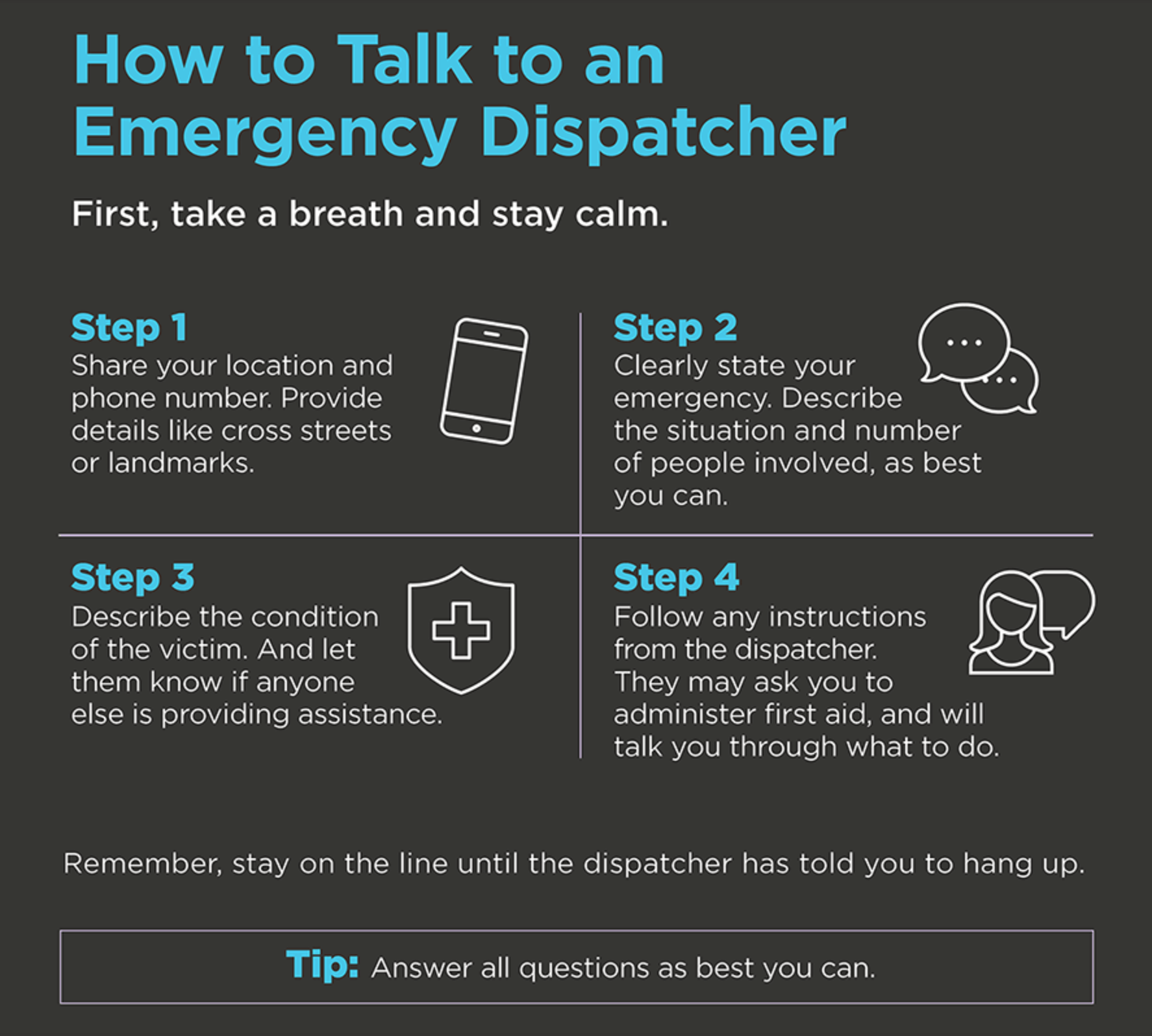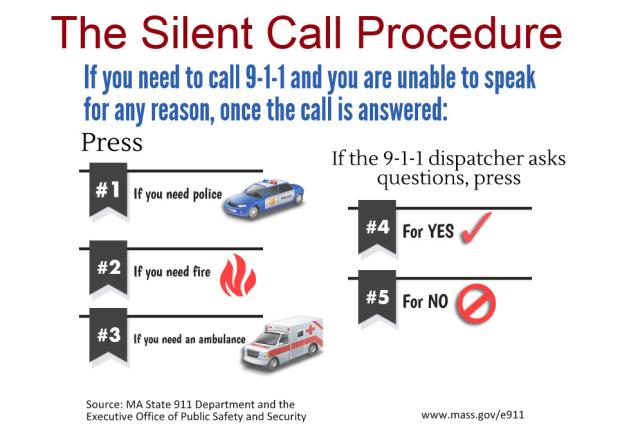Want to know more about Do You Need A Degree To Be A 911 Dispatcher? Read this article to get the information you need.

Do You Need a Degree to be a 911 Dispatcher?
Have you ever wondered what it takes to become a 911 dispatcher? Is a college degree required? In this comprehensive guide, we will delve into the world of 911 dispatching, exploring the necessary qualifications, essential skills, and latest industry trends. Whether you are considering a career in public safety or simply curious about the inner workings of emergency response, this article will provide you with valuable insights.
Before we delve into the specific requirements, let’s take a step back and understand the crucial role 911 dispatchers play in our society. They are the lifeline between those in distress and the emergency services that can provide assistance. They receive and assess emergency calls, dispatching police, fire, and medical personnel to the scene. Their冷静 under pressure, quick decision-making, and effective communication skills are essential for coordinating a timely and efficient response.
Educational Requirements: Degree vs. Non-Degree Paths
Now, let’s address the question that brought you here: Do you need a degree to be a 911 dispatcher? The answer is not as straightforward as you might think. While some agencies may prefer candidates with a college degree, others offer non-degree training programs that can lead to certification and employment. However, it’s important to note that a degree can provide you with a competitive edge in the job market, especially if you aspire to leadership or management positions.
If you are considering a degree path, there are several relevant options to consider. A bachelor’s degree in criminal justice, public safety, or emergency management can provide a strong foundation in the field. Alternatively, an associate’s degree in communications or a related field can also be beneficial. These programs will equip you with the theoretical knowledge and practical skills necessary to excel as a 911 dispatcher.
Non-degree training programs, typically offered by community colleges or vocational schools, provide an alternative pathway to becoming a dispatcher. These programs typically cover the essential skills required for the job, such as call-taking, dispatching procedures, and crisis management. Upon successful completion of the program, you will receive a certificate that qualifies you to apply for 911 dispatcher positions.
Essential Skills for 911 Dispatchers
Regardless of your educational background, there are certain essential skills that all successful 911 dispatchers must possess. These include:
- Excellent Communication Skills: The ability to effectively communicate with callers in highly stressful situations is paramount. Dispatchers must quickly gather information, provide reassurance, and relay instructions clearly.
- 冷静 Under Pressure: Working as a 911 dispatcher can be extremely demanding, with high-stakes calls coming in at all hours of the day and night. Dispatchers must remain calm and composed, even in the most chaotic situations.
- Quick Decision-Making: Dispatchers often have to make split-second decisions that can impact the lives of others. They must be able to assess situations quickly and determine the appropriate course of action.
- Empathy and Compassion: While maintaining professionalism, dispatchers must also be able to empathize with callers who are experiencing distress. They must provide emotional support and reassurance while navigating difficult conversations.
- Technology Proficiency: Modern dispatch centers rely heavily on technology. Dispatchers must be proficient in using computer-aided dispatch (CAD) systems, mapping software, and other technological tools.
Tips and Expert Advice
To enhance your chances of success as a 911 dispatcher, consider the following tips and advice from industry experts:
- Develop Your Communication Skills: Practice active listening, empathy, and clear speech. Consider enrolling in public speaking or customer service training programs.
- Stay Informed: Keep up-to-date with current events, emergency response protocols, and technology advancements in the field.
- Volunteer: Gain valuable experience by volunteering with local emergency services organizations, such as fire departments or ambulance services.
- Network: Attend industry events, connect with professionals on LinkedIn, and reach out to 911 dispatchers for mentorship opportunities.
- Prepare for the Physical and Emotional Demands: The job of a dispatcher can be physically and emotionally taxing. Maintain a healthy lifestyle and develop coping mechanisms to manage stress.
FAQs
Q: What is the average salary for a 911 dispatcher?
A: According to the Bureau of Labor Statistics, the median annual salary for 911 dispatchers in May 2021 was $48,610.
Q: What are the hours like for 911 dispatchers?
A: Dispatchers typically work 12-hour shifts, including weekends and holidays. The exact schedule may vary depending on the agency.
Q: Can I become a 911 dispatcher if I have a criminal record?
A: The eligibility criteria for 911 dispatchers can vary by agency. Some agencies may consider candidates with certain types of criminal records, while others may disqualify them.
Conclusion
Whether you choose to pursue a degree or non-degree training program, becoming a 911 dispatcher requires a unique set of skills, dedication, and a passion for serving the community. By embracing the tips and advice outlined in this guide, you can increase your chances of success in this demanding but rewarding field. So, if you are ready to make a difference in the lives of others and contribute to public safety, consider exploring a career as a 911 dispatcher.
We encourage you to continue your research and connect with professionals in the field to gain further insights. Do you have any questions or comments about the topic? Share them in the comments section below, and let’s engage in a discussion about the fascinating world of 911 dispatching.

Image: www.mass.gov
We express our gratitude for your visit to our site and for reading Do You Need A Degree To Be A 911 Dispatcher. We hope this article is beneficial for you.